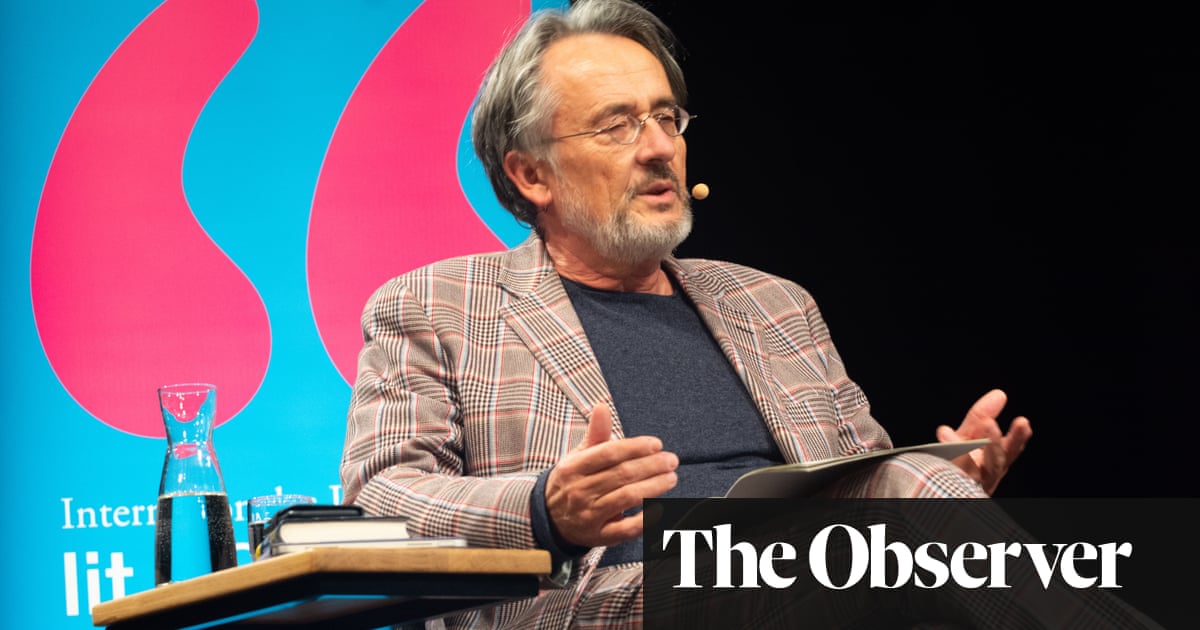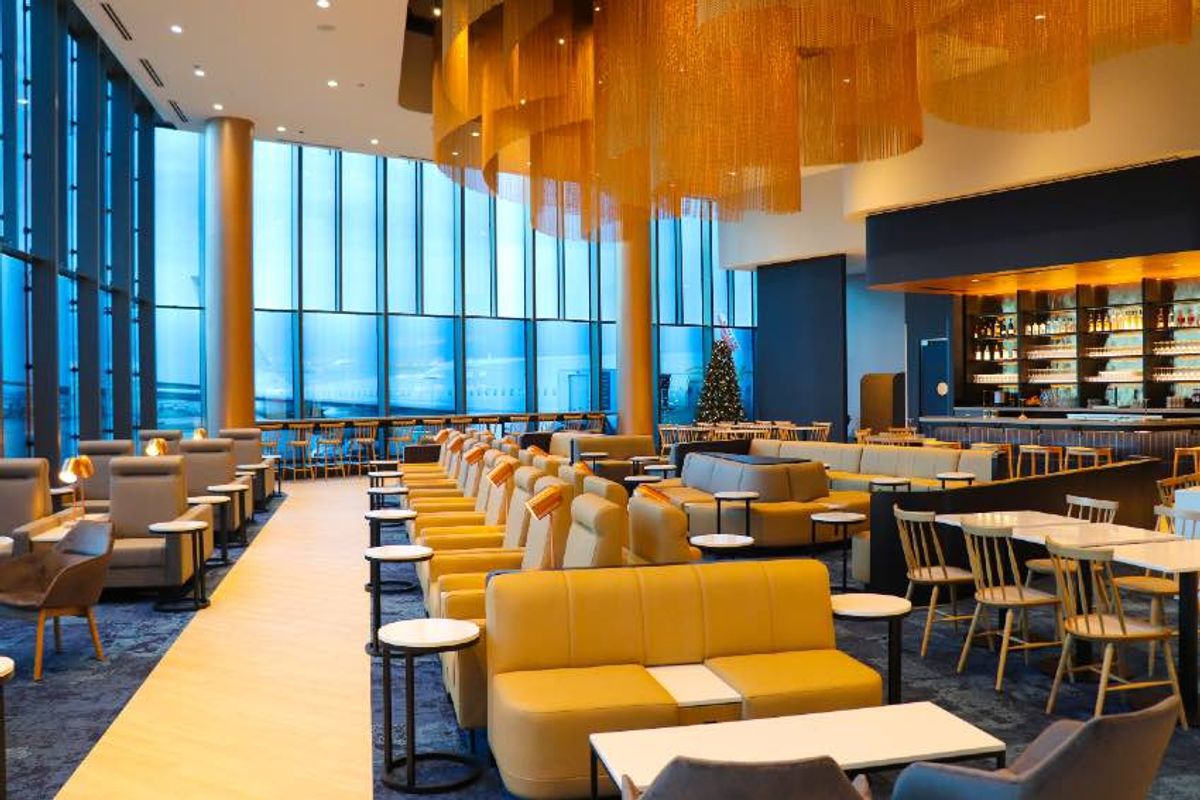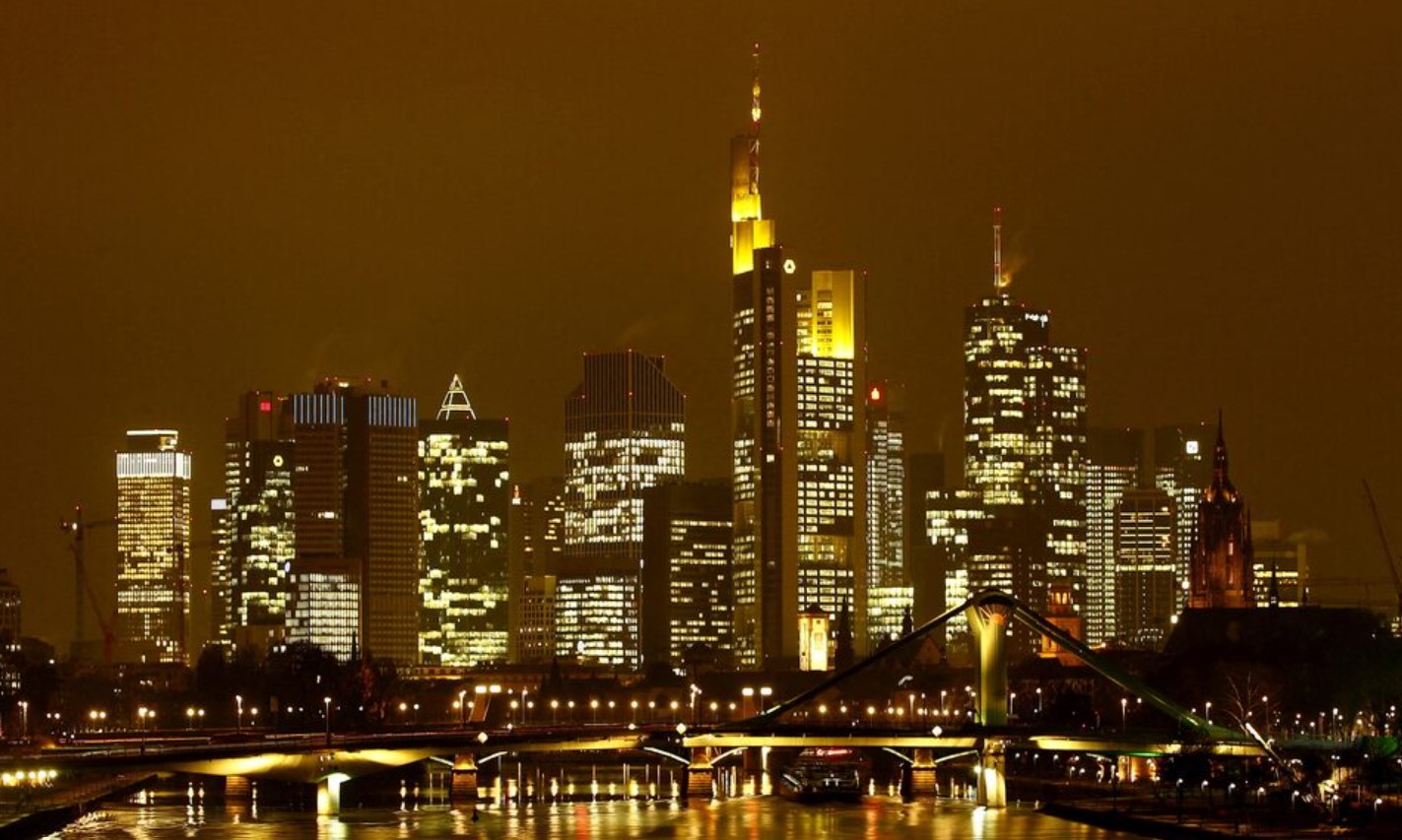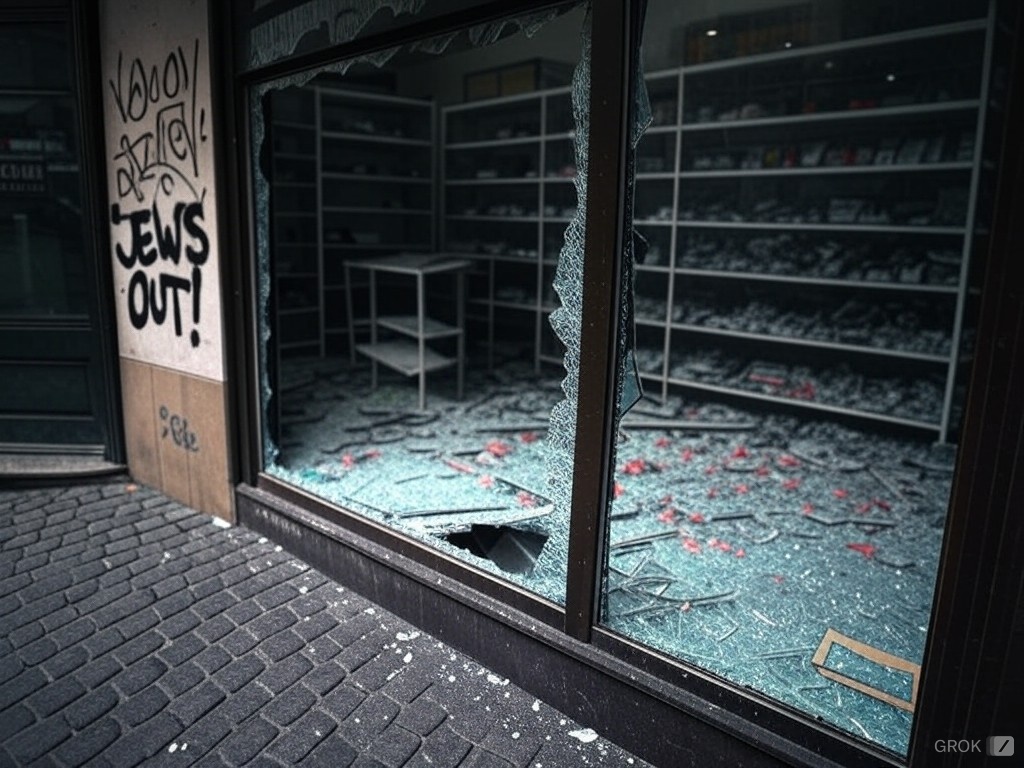World
‘We leave viewers smarter’: fears over plans to close ‘world’s most highbrow’ TV station

In many countries around the world, breakfast TV means celebrity interviews, soap operas and last night’s football highlights. On the German-language channel 3sat this Sunday morning, it means a one-hour philosophical discussion on trauma psychology, followed by a book review programme and a classical concert by the Munich Radio Orchestra.
The collaboration between public broadcasters in Austria, Germany and Switzerland is a unique experiment in pan-European broadcasting that has defied doubters for almost four decades: highbrow television.
Yet whether 3sat will get to celebrate its 40th anniversary this December is in serious doubt. At a summit in Leipzig this week, the heads of Germany’s 16 federal states will consider a proposal to close the world’s most donnish TV station by merging it “partially or completely” into Arte, the Franco-German culture channel that is embarking on a Europe-wide expansion.
Admirers of 3sat’s resolute intellectualism say the merger plans are a sign that authorities are bowing to populist attacks on public service broadcasting, by cutting culture programming that may appear painless but which is also unlikely to save much money. A petition to save the channel has been signed by 140,000 people including the film director Wim Wenders and actor Sandra Hüller.
But the debate over 3sat’s future also raises questions over the reformability of Germany’s public broadcasting system, which has one the biggest budgets in the world but is also one of the most complex and decentralised.
3sat was launched in 1984 as an antidote to what the then head of Austria’s public broadcaster bemoaned as the “feeble-mindedness” of mainstream television. The bulk of its content is provided by the two main German public broadcasting channels, ARD and ZDF, with Austria’s ORF contributing 25% and Switzerland’s SRG supplying 10% of its programming.
“To make a daily feuilleton [arts and ideas] programme for television was something no one else dared do,” says the journalist and philosopher Gert Scobel, who presents several channel’s flagship shows. “Everyone told us we would last only three weeks.”
Among its mainstays are Scobel’s science programme Nano and the culture news programme Kulturzeit, which go out during mornings and evenings each weekday, as well as themed days on subjects as diverse as the dramatist Bertolt Brecht, Afghan history and genetics. It is the only channel to show all the three countries’ main news programmes, and to live-broadcast the two-week-plus Theatertreffen festival in Berlin and readings from the three-day Bachmannpreis poetry competition in Klagenfurt.
Scobel says: “I tell the guests on my show that each programme only has one aim – to leave viewers smarter than they were before, and that they approach each subject from different directions with the aim of finding a solution.”
3sat’s market share is only about 1% in each of the three collaborating countries, though with 90m German-language households, its viewing figures are considerable. The channel costs German public broadcasters around €92m a year, roughly the same as the German children’s TV channel Kika.
But, as in other countries across Europe, Germany is facing an increasingly acrimonious debate over state-funded public service broadcasting. The far-right Alternative für Deutschland has vowed to shrink the public broadcasters down to a tenth of their current size, scrap the compulsory licence fee and finance the remaining offering with a tax on streaming giants such as Amazon and Netflix.
Where the populist right is buoyant, centrist parties have fallen in line: in Saxony-Anhalt and Brandenburg, the Christian Democrat and Social Democrat state premiers have in the past few years tried to block plans for a licence fee rise.
From 2025, people registered in Germany face a monthly licence fee of €18.94 (£15.78), slightly higher than its equivalent in the UK (£14.12) and considerably more than France (£9.64). In multilingual Switzerland, the fee is higher still at SFr27.91 (£24.73) and there is political pressure to cut back spending on public service television.
High-minded 3sat could become the sacrificial lamb on the altar of the populist zeitgeist. Swiss broadcaster SRF said it would not comment on German proposals to close the jointly funded channel. Only Austria’s ORF said it would seek an “intense exchange” with its partners on the station’s future, insisting it was “essential” that its marquee TV productions reach an international audience.
after newsletter promotion
Not all criticism of 3sat is motivated by populist rabble-rousing. The channel’s budget has been salami-sliced for years and its schedule increasingly includes reruns of period dramas, crime shows and wildlife documentaries.
“A lot of the original programmes produced by 3sat deserved to be protected, but are we sure we need them all in a separate channel?” asks Stefan Niggemeier, a German journalist and media commentator.
Its shortcomings are exposed by comparison with the Franco-German culture broadcaster Arte, which presents itself less and less as a linear TV channel and more and more as an arts-focused streaming platform, a “Netflix for the educated classes”, as the broadsheet Die Zeit has called it.
Established via a treaty between France and Germany in 1990, six years after the birth of 3sat, Arte has gained considerable momentum in recent years after the French president Emmanuel Macron proposed developing it into a “European platform”. Over the past six years, it has added offerings of programmes subtitled or dubbed into Polish, Italian, Spanish and English.
“Because Arte had to straddle a language barrier, it was always under more pressure to develop its own identity and come up with original ideas,” says Niggemeier. “Arte has managed to stay cool, while 3sat feels like a magazine for linear television.”
He doubts that politicians will close the German-speaking world’s most erudite TV channel in the immediate future. “But in the long-term, I think it’s right to ask how we can change it.”










